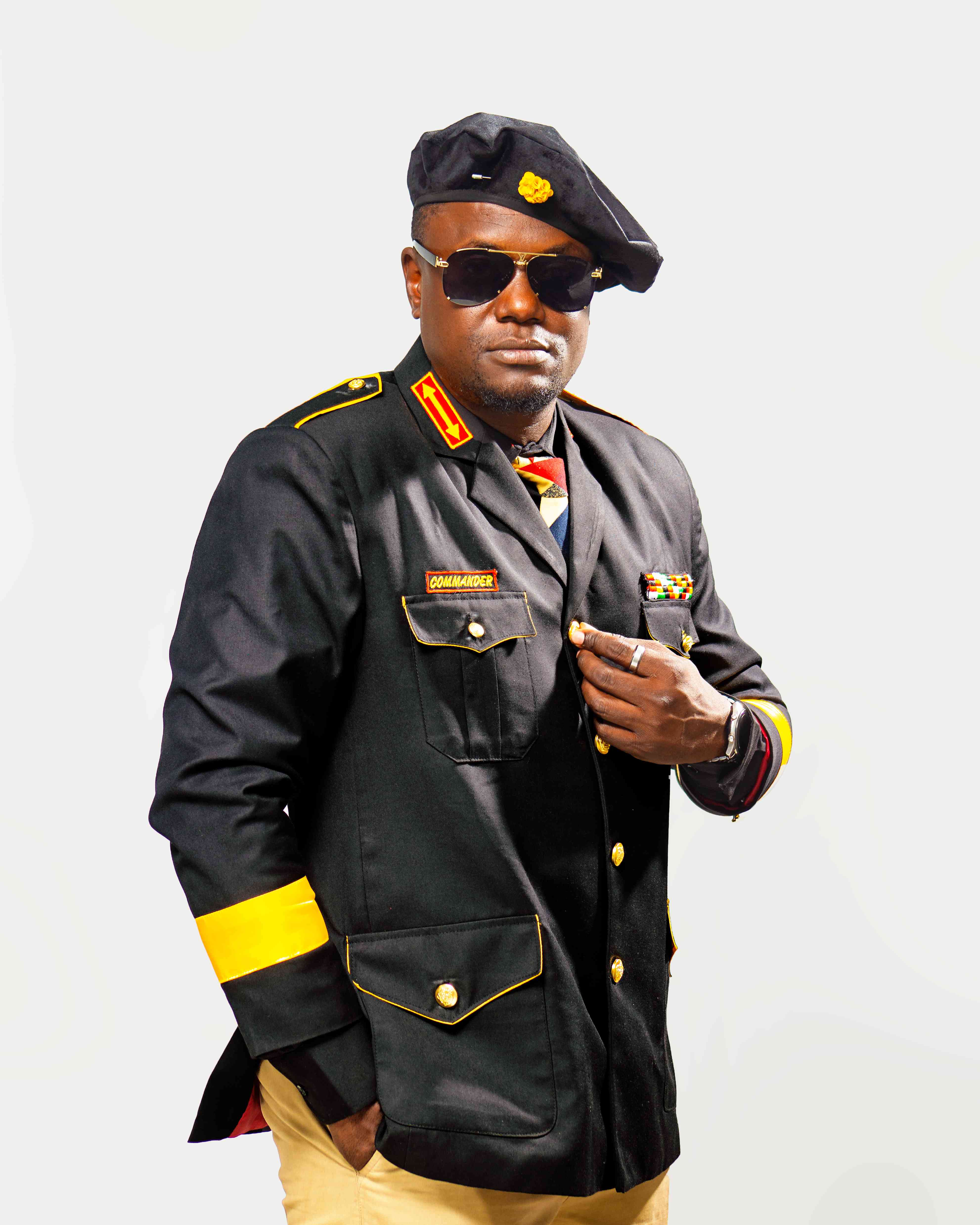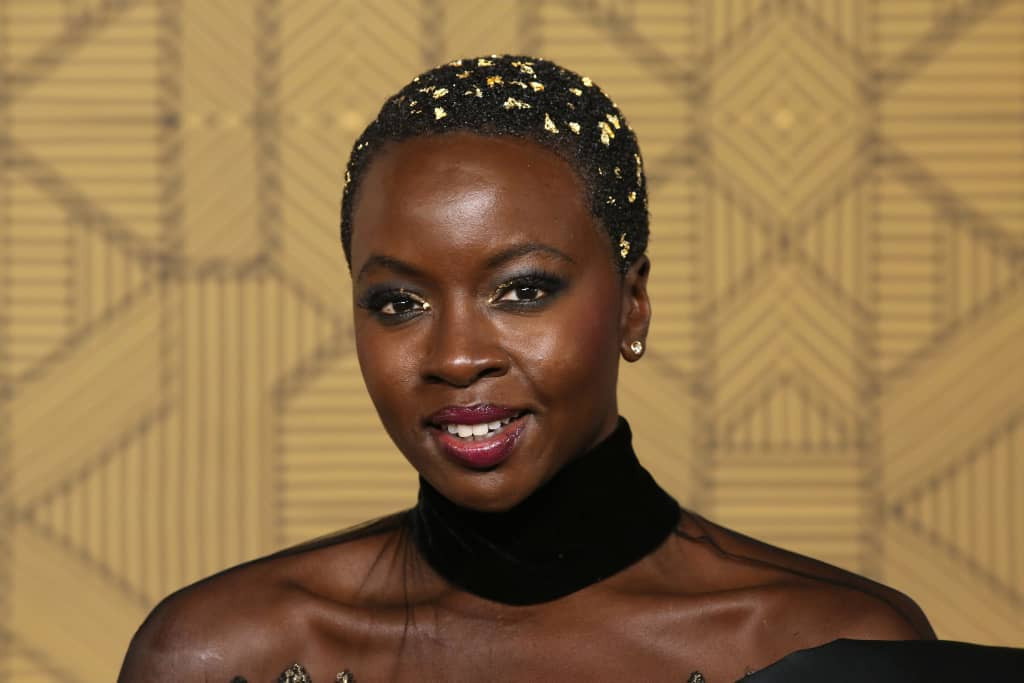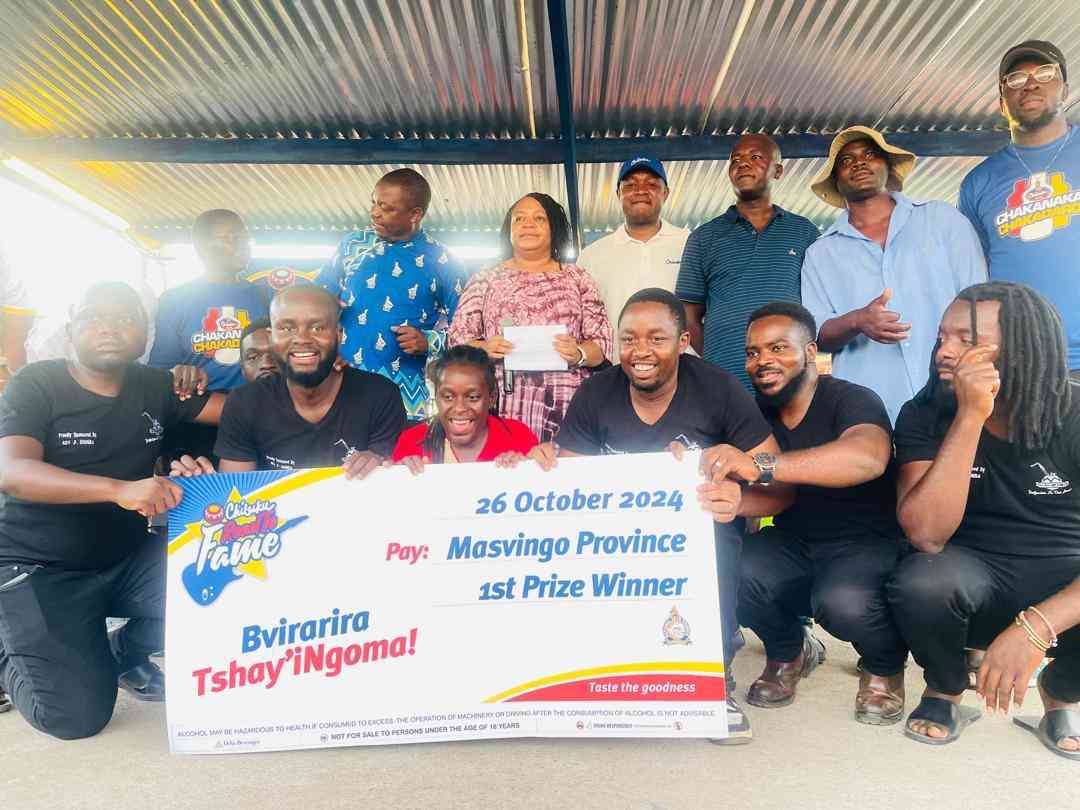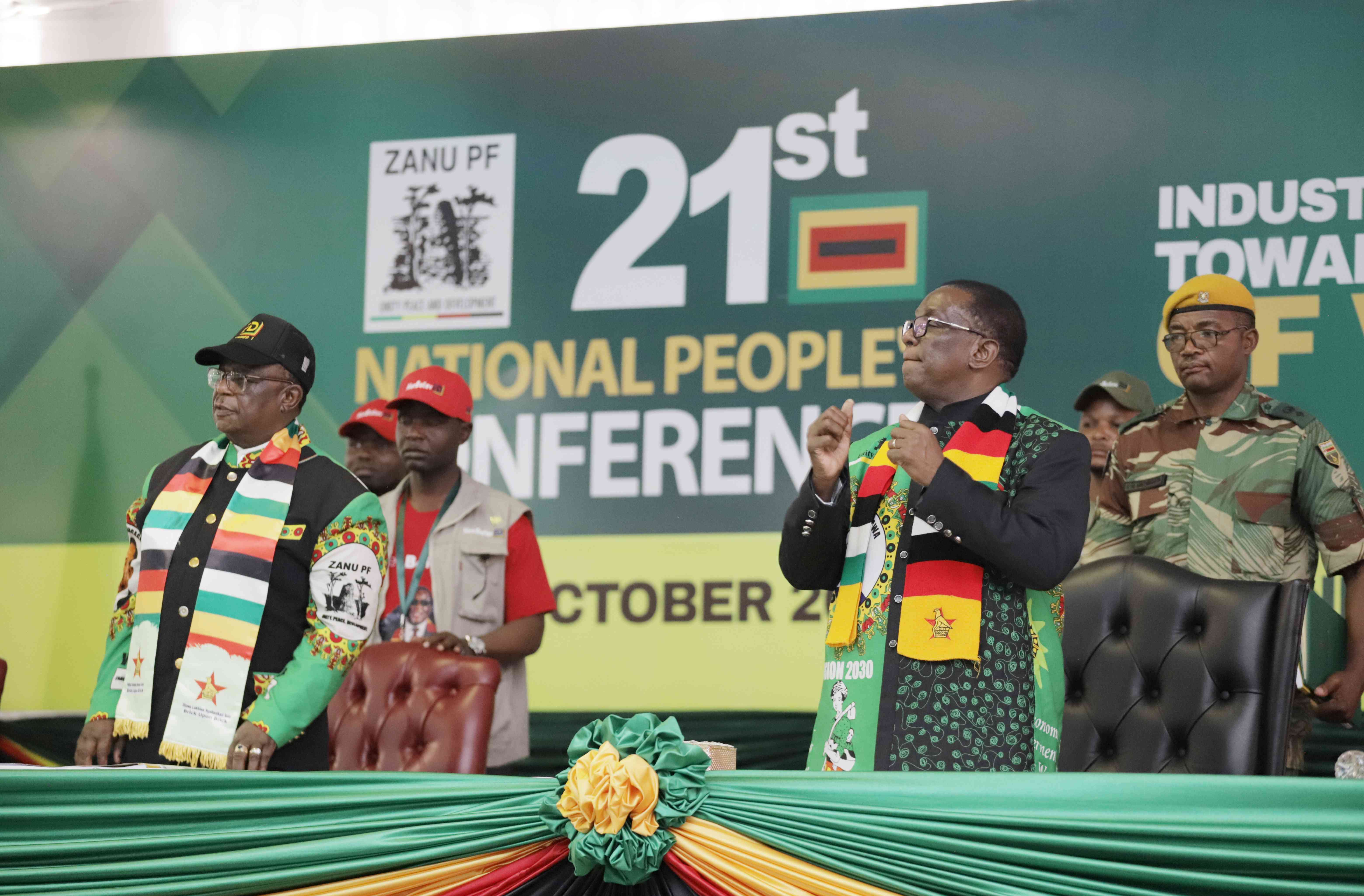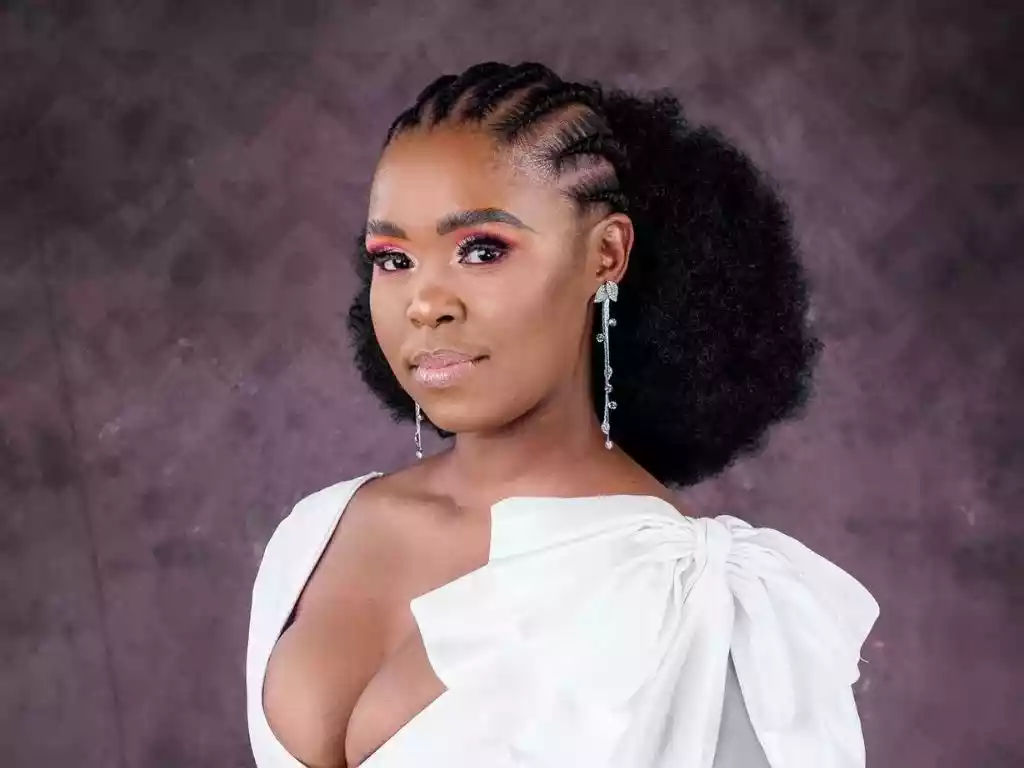
As we approach the end of 2023, the devastating and sombre news of yet another musician’s death has come upon us. The news of Zahara’s death has already spread around the world like a veld fire.
Multi-award winning songstress and guitarist, Bulelwa Mkutukana, better known as Zahara passed away on 11th December 2023. The multi-award winning South African singer-songwriter is said to have been admitted in hospital with liver complications two weeks ago.
According to the Guardian, she suffered liver disease after problems with alcoholism, confirmed by her manager Dyosiba in 2019. Her sister Nomonde said that year doctors had told her, “if [Zahara] continues drinking, she is going to die…’’ That’s what happened.
The Loliwe hit-maker was born on the 9th of November in 1987. She had just turned 36. Just like Brenda Fassie, she never made it to the age of 40 years.
In November 2010, I was introduced to Zahara by Sy Ntuli, a South African jazz musician when we met in Maputo, Mozambique for the Umoja project. Zahara had been invited to give a performance there. On hearing that I was from Zimbabwe, she came and gave me a hug and said: “It’s good to meet you my brother. I have a lot of Zimbabwean friends, Oliver Mtukudzi, George Munetsi, Tich Mataz and plenty others”.
Later, at the Umoja camp, she performed solo after which I said to her: “You sound just like Tracy Chapman”. She was flattered and she expressed her desire of wanting to meet Tracy Chapman at some point.
Come August 2011, my late uncle and music promoter, Godfrey Saungweme, who was scouting for established artistes to bring to Zimbabwe from South Africa, met me at the Sheraton Hotel in Harare. He asked me: “Muzukuru what artistes can I bring from South Africa to perform here at Christmas?” Before I suggested any names, he went on, “Have you heard about a new sensation in South Africa called Zahara?”
“Of course, I have,” I replied. “Anyway she is not worth talking about because by the end of this year she will be finished as an artiste. She is a one album wonder!” he said.
- Out & about: Zahara on a happier note!
- Zahara's family ask for privacy, prayers as singer fights for her life in hospital
- 'Incredible and lasting impact': Tributes pour in after 'true music icon' Zahara dies
- In The Groove: "I know where I'm going": Tribute to Zahara
Keep Reading
How wrong “Khule” was because years on, Zahara went from strength to strength as she recorded four more albums. Within a short space of time promoters had fallen over each other to bring her to Zimbabwe. Within a year, she had done three sold out performances in Zimbabwe. Her first performance with promoters who called themselves May 7 Entertainment was on the 2nd of March in 2012 at the Harare International Conference Centre (HICC) where she performed to a packed auditorium. The second performance was on 10th August 2012 when Hardcore World Entertainment brought her to Zimbabwe. The concert was held at Borrowdale Race Course’s Fusion Club. Then there was a third concert organised by Ghetto Fabulous on the 8th of March, 2013 at HICC again. (National Arts Council, could you please tell me where these ‘promoters’ have gone?) It seemed like Zahara was easy to negotiate with or she just loved to come to Zimbabwe.
Apart from these shows, other promoters within the region found Zahara irresistible. In 2014, she toured throughout the region touching countries such as Swaziland, Botswana and Mozambique.
On the 8th of March, in 2013, when one thought she was now a spent force with one album only to her name, she brought the HICC down with yet another sold out concert. The promoters, after doing a thorough market search, must have sensed that she was still popular among Zimbabweans. They added Oliver Mtukudzi, Alexio Kawara and Mokoomba to the line-up to make the evening more exciting.
I was there early enough to see everything. Mokoomba performed first. There were less than 500 people during their performance as it was still early. What a waste of a band! I tell you the band belted out their best tunes and I feel sorry for those who missed them. They were simply fantastic. In my opinion, they should have been given another opportunity to come back on stage when the house was full, but, needless to say, that did not happen.
After Mokoomba came Alexio and he gave it everything he could before he capped his set with Shaina. After Alexio, Tich Mataz who was master of ceremony for the night announced the next artist. The crowd went into a frenzy. Then came Zahara!
At first I thought she had become a country and western artiste or a gospel singer as she began her show with a gripping gospel tune in her signature powerful voice. It was a moment to savour forever. The audience’s cheers lessened, perhaps in reverence to the star before them and maybe in acknowledgement that such star quality can only be God-given.
Her touching Xhosa traditional hymn struck a soft spot. Here, we expected to see a world-class superstar with one of the diva antics and rock-star grand entrance gimmicks. Instead, she walked onstage humming, as would most ordinary beings. It was a humbling gesture and it further endeared Zahara in the hearts of many.
After that sobering moment, the party got underway. Zahara sang Xa Bendino Mama to perfection; it was an up-tempo track with traditional mbaca’nga bass line and masgandi accordion. Tracing its roots to the old days of migrant labour in South Africa, it appealed to young and old alike; and Zahara’s electrifying voice must have reminded them of the late, great Miriam Makeba. As the song faded, Zahara, who appeared visibly shaken with strong emotions, said to the roaring fans, “Thank you very much for inviting me again. I feel like I am home.”
The opening bars of My Destiny took Zahara’s steadfast fans back to the day before stardom. She sang: “Everything may be too slow on me. But I will be there holding it down. I know where I am going.” She sang about the obstacles in her way. It was truly a plaintive voice of the struggling artist she was a few years before and spoke of the strong belief she had in herself that she knew where she was going.
Zahara wrote most of her songs before she was signed by TS Records in August 2010. Her debut album Loliwe (2011) went platinum in 13 days and double platinum in just 17 days, selling over 100, 000 copies in South Africa. It catapulted the then 24-year-old to international stardom.
Umtwalo also chronicled the hard knock life, and the challenges that everyday people face, pleading to divinity for a helping hand. Though sung in Xhosa, Umtwalo was everyone’s song as the crowd at the HICC sang along. She then went up-tempo as she sang Incwadi Encane, a song she recorded with Zimbabwean DJ, George Munetsi of Kaya FM. She invited Alexio Kawara to sing George’s part in the song. We all thought it was because she did not know the Shona lyrics, but she fooled us all. After Alexio’s exit, she invited members of the audience to sing that part again. Before the end of the song, she grabbed the microphone back from the audience and with assistance from her two backing female vocalists, she eloquently sang the Shona chants like nobody’s business. The crowd were ecstatic as they loved that part of the song to bits.
The party then went a step up when she called Sharon, a female fan to come up and dance on stage. Zahara observed her do the Macheso’s Zora Butter dance.
When Sharon swung her hips to the Zora Butter dance in front of the packed auditorium, the crowd went wild prompting Zahara to try the style — and that was a coup de grace to her performance as the crowd even went wilder.
Zahara capped the night with her multi-platinum, debut album title track Loliwe – a song that was for most of 2011 and 2012 the ‘regional anthem’ of Southern Africa. Throughout the show, the crowd had been asking for it in her repertoire. When the lead guitarist George Selesto played the familiar opening bars, the crowd went ecstatic. The young star sang her heart out, her magical voice alternatively going off, horse and powerful, as she led the crowd in a sing-along.
Born in Phumlani, a settlement outside East London in Eastern Cape Province of South Africa, Zahara was simply a village girl who started singing at the age of six. Unable to go to university due to lack of funds, she honed her guitar-playing and song-writing skills by herself; she never had any formal music lessons, always playing her guitar by ear.
The talented, acoustic guitarist, song writer, poet and singer was spotted in 2010 in East London by Thembinkosi Nciza, co-owner of TS Records; he immediately made arrangements to sign her and move her to Johannesburg. Her debut album Loliwe was released in August 2011 and sold out in 72 hours, reaching double platinum in South Africa and surpassing 100,000 sales in three weeks, thus becoming the fastest selling album in South African music history, after Brenda Fassie’s Memeza (1997).
Zahara had won ten music awards and recorded five albums before her death. During the 18th annual MTN South African Music Awards in 2012, she took home six awards in six different categories: Album of the Year (Loliwe), Special Award: Best Selling Album (Loliwe), Newcomer of the Year, Female Artist of the Year, Best Collaboration (featuring George Munetsi for Incwadi Encwane) and Best Smooth Urban Music Album. In addition, she received Metro FM Music Awards for Song of the Year and Best Female singer. She also received the Channel O Music Video Award 2012 for Best Video (Loliwe).
Zahara reiterated her previous assertion of how she respected the man who inspired her, Oliver Mtukudzi, who gave the last performance of the night at the HICC.
I am not certain whether the crowd had come for Tuku or Zahara, or both, but one thing I am certain about is that despite her passing on this month, Zahara is not finished yet. She has just left this earth too soon. Her legacy will continue to live on as we will be playing her music forever.
Sorry ‘Khule’. She is not a spent force.
May her dear soul and sweet voice rest in power!
- Feedback: [email protected]

